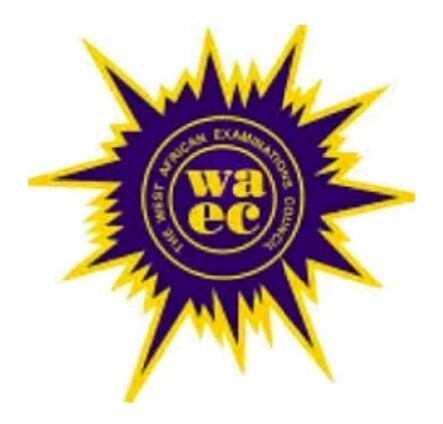To adequately prepare for the Yoruba examination administered by the West African Examination Council (WAEC), it is essential to study the official syllabus provided by WAEC. This syllabus serves as a roadmap, outlining the aims, objectives, and content to be covered in the exam.
In this blog post, we will provide an overview of the WAEC Yoruba syllabus, including the exam format, topics covered, and recommended textbooks.
Aims and Objectives:
The Yoruba syllabus aims to achieve the following objectives:
- Develop candidates’ ability to speak, read, and write proficiently in Yoruba, enabling effective communication with other Yoruba speakers.
- Familiarize candidates with the sound system, grammatical structures, and other linguistic features of the Yoruba language.
- Provide candidates with the necessary tools to appreciate Yoruba speech usage, literature, and culture, including customs and institutions.
Exam Format:
The Yoruba examination consists of two papers: Paper 1 and Paper 2. Paper 1 is a multiple-choice objective test, while Paper 2 involves essay-type questions. The exam covers various aspects of Yoruba language, literature, and culture, including comprehension, composition, sound system, grammar, translation, and selected texts of oral and written literature.
Paper 1:
Paper 1 contains 60 multiple-choice objective questions divided into three sections: A, B, and C. Candidates are required to answer all questions within one hour, with a total of 60 marks. The distribution of questions is as follows:
Section A:
Language (30 marks)
- Comprehension (10 items)
- Composition (4 items)
- Sound System (6 items)
- Grammar (6 items)
- Translation (4 items)
Section B:
Literature (22 marks)
- Basic Principles of Literary Appreciation (4 items)
- Oral Literature: Prose, Poetry, Drama (9 items)
Section C:
Culture (8 marks)
- Customs (4 items)
- Institutions (4 items)
Paper 2:
Paper 2 is an essay-type test that lasts for two hours and carries 100 marks. Candidates must answer six questions: three from Section A, two from Section B, and one from Section C. All answers must be written in Yoruba using the official orthography and metalanguage.
Content: The content covered in Paper 1 is the same as that in Paper 2. The content areas include:
Section A:
Language
- Composition: Narrative, Descriptive, Argumentative, Expository, Dialogue, Debate, Letter writing
- Sound System: Vowels, Consonants, Syllabic nasal, Sound processes, Tones, Tone notation
- Grammar: Word structure, Word formation, Numerals, Word classes, Grammatical categories, Phrases, Clauses, Sentence structure
Section B:
Literature
- Oral Literature: Prose, Poetry, Drama (set books)
- Written Literature: Prose, Poetry, Drama (set books)
Section C:
Culture
- Customs: Make-up and adornments, Games, Pregnancy care, Naming, Home training, Yoruba foods, Non-verbal communication, Funerals, Inheritance
- Institutions: Traditional occupations, Marriage, Politics, Child care, Ancestors, Yoruba beliefs, Modern religions, Economy
Recommended Textbooks:
To enhance the teaching and learning of Yoruba, WAEC recommends the following textbooks:
Language:
- Abiodun, Jibola: “Aroko Ati Aayan, Ogbufo” (Majab, Ilorin)
- Owolabi, K: “Ijinle Itupale Ede Yoruba” (Extension Publications, Ibadan)
- Bamgbose, A: “Fonoloji Ati Girama Yoruba” (University Press, Ibadan)
Literature:
- Set books covering various genres, including oral and written literature (refer to the syllabus for specific titles)
Culture:
- Adeoye, C.L.: “Asa Ati Ise Yoruba” (University Press, Ibadan)
- Olajubu, O.: “Iwe Asa Ibile Yoruba” (Longman, Lagos)
- Daramola, A. ati Jeje: “Asa Ati Orisa Onibon-Oje” (Ibadan)
Conclusion
Studying the Yoruba syllabus provided by WAEC is crucial for effective exam preparation.
It guides candidates on the topics to focus on and helps them understand the exam format. Additionally, utilizing the recommended textbooks can further enhance their knowledge and understanding of Yoruba language, literature, and culture.
By following the syllabus and adequately preparing, candidates can increase their chances of success in the Yoruba examination administered by WAEC.






